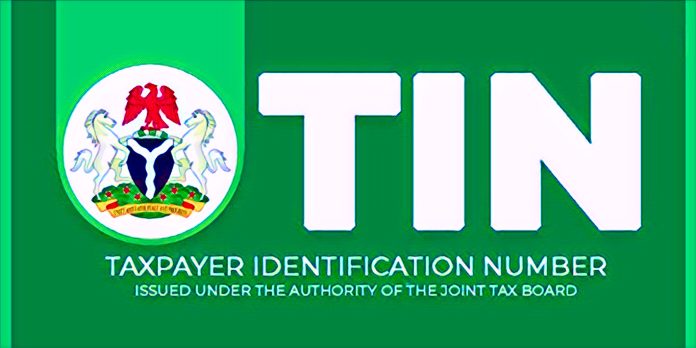Key Points
- Nigeria’s tax ID system earns global recognition after ISO/IEC registration.
- FIRS gains Peppol Authority status, simplifying cross-border trade.
- Nigeria’s tax ID system boosts compliance and investor confidence.
The Federal Inland Revenue Service (FIRS) officially registered Nigeria’s tax ID system under the ISO/IEC 6523 standard, which is a big step forward for the system on the world stage.
The Standards Organisation of Nigeria (SON) supports this move, which gives Nigeria’s tax ID system a clear place in international trade and the exchange of documents across borders.
But that’s not all: FIRS was also named Nigeria’s Peppol Authority, which lets the country join a global network for safe, standardised digital document exchange that is used in Europe, Asia, and Australia.
ISO supports Nigeria’s tax ID system
By signing up for ISO/IEC 6523, Nigeria makes sure that every Tax Identification Number (TIN) can be used around the world. The integration connects personal TINs, which come from National Identification Numbers (NINs), and business TINs, which are linked to Corporate Affairs Commission (CAC) registration numbers.
FIRS says that this cuts down on duplication, cuts down on mistakes in administration, and makes tax identity the same at both the federal and state levels.
Peppol status changes the way people trade across borders
According to a report by Vanguard news, FIRS is now the official Peppol Authority, which means that Nigerian businesses can easily connect to the Peppol network. That means payments will be faster, administrative costs will be lower, and trade compliance will be easier.
Analysts say that Nigerian exporters have an edge over their competitors because they can register with ISO and access Peppol. It also shows global investors that Nigeria is serious about making changes to its digital systems and making sure that its rules are followed.
Compliance drive changes Nigeria’s financial future
The time is very important. President Bola Tinubu’s main goal is to diversify Nigeria’s non-oil tax revenue because the country relies too much on oil revenues. Taiwo Oyedele, who is in charge of the Presidential Committee on Fiscal Policy and Tax Reforms, has always pushed for strong identification systems and digital tools.
There are still questions about how well the informal sector can be captured and enforced. People who watch say that tech tools need to be matched with better field audit tools and more public education.
Nigeria’s tax ID system is now more than just a way to identify people in Nigeria because it is registered with ISO and integrated with Peppol. It’s a bridge into the world’s trade systems, a call for change, and a way to make sure more people follow the rules. The award is both a milestone and a requirement: turning a promise into a strong, long-lasting effect.



